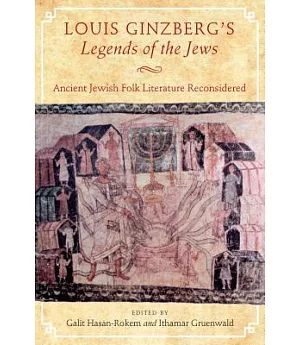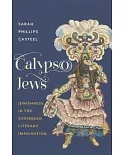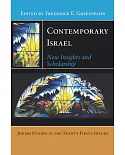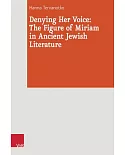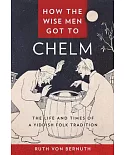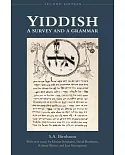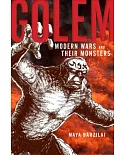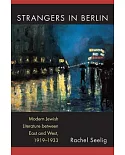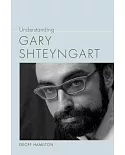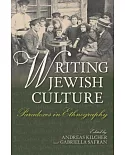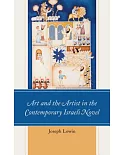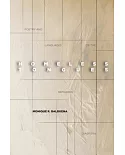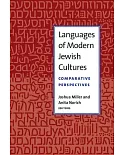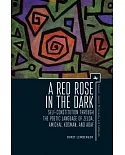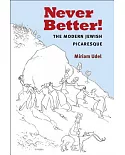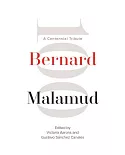At the beginning of the twentieth century, many perceived American Jewry to be in a state of crisis as traditions of faith faced modern sensibilities. Published beginning in 1909, Rabbi and
Professor Louis Ginzberg’s seven-volumeThe Legends of the Jews appeared at this crucial time and offered a landmark synthesis of aggadah from classical Rabbinic literature and ancient
folk legends from a number of cultures. It remains a hugely influential work of scholarship from a man who shaped American Conservative Judaism. In Louis Ginzberg’s Legends of the
Jews:Ancient Jewish Folk Literature Reconsidered, editors Galit Hasan-Rokem and Ithamar Gruenwald present a range of reflections on theLegends, inspired by two plenary sessions
devoted to its centennial at the Fifteenth Congress of the World Association of Jewish Studies in August 2009.
In order to provide readers with the broadest possible view of Ginzberg’s colossal project and its repercussions in contemporary scholarship, the editors gathered leading scholars to address
it from a variety of historical, philological, philosophical, and methodological perspectives. Contributors give special regard to the academic expertise and professional identity of the
author of the Legendsas a folklore scholar and include discussions on the folkloristic underpinnings ofThe Legends of the Jews. They also investigate, each according to her or
his disciplinary framework, the uniqueness, strengths, and weakness of the project. An introduction by Rebecca Schorsch and a preface by Galit Hasan-Rokem further highlight the folk narrative
aspects of the work in addition to the articles themselves.
The present volume makes clear the historical and scholarly context of Ginzberg’s milestone work as well as the methodological and theoretical issues that emerge from studying it and other
forms of aggadic literature. Scholars of Jewish folklore as well as of Talmudic-Midrashic literature will find this volume to be invaluable reading.

